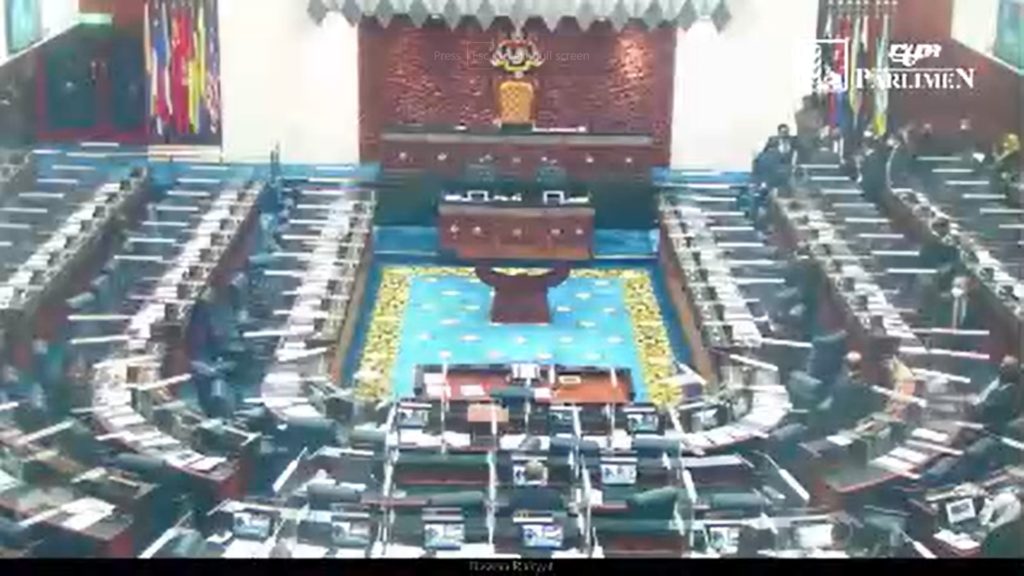
KUALA LUMPUR, July 29 — Today’s disclosure by the Palace that the Yang di-Pertuan Agong or King had not consented to the revocation of the emergency ordinances (EOs), clears the doubt Opposition Leader Datuk Seri Anwar Ibrahim (Port Dickson) expressed at the Dewan Rakyat on July 26 on whether Law Minister had the royal assent in the first place to revoke the EOs said to have been done on July 21.
In a statement issued by the Istana Negara today, the Yang di-Pertuan Agong Al-Sultan Abdullah Ri’ayatuddin Al-Mustafa Billah Shah said he was aggrieved with the statement made in Parliament on Monday July 26, 2021, that the government had revoked all Emergency Ordinances under the ongoing emergency without His Majesty’s consent.
According to the Comptroller of the Royal Household for Istana Negara Datuk Ahmad Fadil Shamsuddin, the King was also very disappointed that His Majesty’s decree during a virtual audience to Minister in the Prime Minister’s Department (Parliament and Law) Datuk Seri Takiyuddin Hassan and Attorney-General Tan Sri Idrus Harun for the proposed revocation of all the ordinances to be tabled and debated in Parliament had not been carried out.
Fadil in a statement released today said that the King stressed that the minister’s statement in Parliament on July 26 is inaccurate and misled the members of the Dewan Rakyat.
Articles 150(2B) and 150(3) of the Federal Constitution clearly gave the authority for the enactment and revocation of ordinances to the King.
Fadil further added that the King had emphasised that the government’s actions had also failed to respect the rule of law and went against the Agong’s functions and powers as the head of state as enshrined in the constitution.
On Monday, Takiyuddin had told the Dewan Rakyat that all the emergency ordinances had been revoked as of July 21 because the government decided to cancel them under Article 153 of the Federal Constitution.
The announcement on the EOs revocation caught most MPs by shock and many hours were spent in the August House debating on the revocation without the due Parliament process.
— MORE